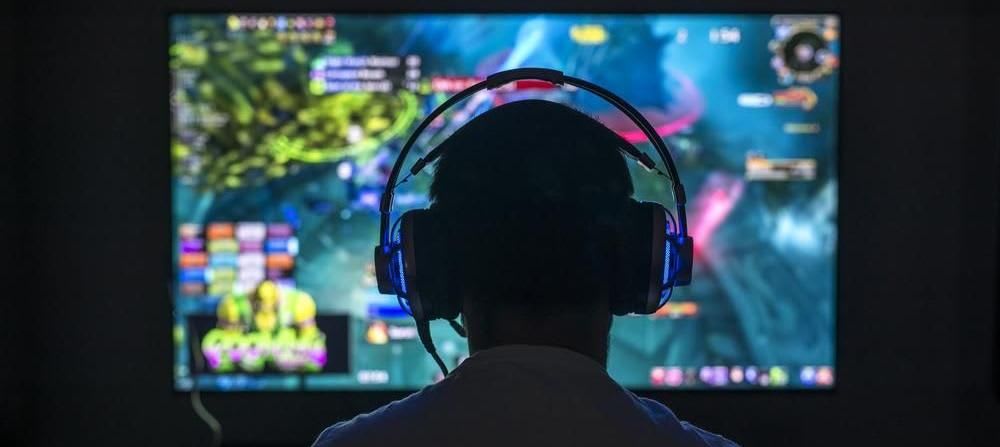What You Need To Know About College eSports
Pick up those controllers and get practicing. Video games may not rot your brain. They may help you pay for college. Let’s check out the newest trends in eSports.
- Education
- Student Tips

Pac-man has come a long way.
eSports—a business worth nearly a billion dollars—describes the competitive gaming industry at a professional level. It includes only video games. Most of them are team-based and played in leagues or tournaments.
There are two main strains of esports: first-person shooters and MOBAs, or multiplayer online battle arenas.
What’s the difference?
First-person shooter games, or FPS, often work toward one objective. MOBAs, like League of Legends and Dota 2 have a top-down perspective, while FPS show only the player’s perspective.
Competition is tight. Players compete for cash prizes and fame—and some leagues offer regular salaries.
What’s interesting about this? If you play competitive esports, you may qualify for your college team. That’s right: college eSports are here to stay.
Here’s what you need to know:
There are college teams in the US
The college sports arena welcomed esports into the fold in 2014, and it’s taking off from there. Currently, 45 schools comprise the National Association of Collegiate Esports.
Colleges have embraced eSports programs to attract a unique student market—those who are tech-savvy and not afraid to say it.
For the players, students, and teams, it’s an opportunity to work on critical and analytical thinking skills—and split-second decision making.
Who wins? The colleges—and the gaming companies.
At competitions, students who’ve never experienced esports have the chance to see what it’s all about—and probably get hooked on gaming too.
So. Kids out there who want to play video games? Go for it. Get good. You might even get to play in college.
They’re competitive and organized
The NCAA has met its match. ACEL, the American Collegiate Esports League, and NACE, the National Association of Collegiate Esports are non-profit membership organizations that organize college eSports.
ACEL offers colleges and universities an organized way to compete against other schools in their division in similar geographical areas. They sponsor online seasons and conference final grand events.
NACE is a similar membership organization that is working to develop a pathway for eligibility, graduation, and competition.
As of January 2017, 94 percent of varsity esports programs in the US joined NACE. Their focus? To give students an opportunity to play professional level sports while pursuing a degree.
There are eSports scholarships
That’s right. Practice playing Super Mario. It can literally pay off someday. Being big into gaming can get you money for college. The University of Utah, the University of California Irvine, and Robert Morris University are among some of the bigger schools where students can earn large scholarships for university attendance based on their eSports background. At Utah, the scholarship specifically targets League of Legends.
Esports is not just limited to the US either. According to Business Insider, at least one university in the UK will offer an eSports degree in September 2018. Students will learn about the gaming industry, promotion of events, fan-based growth, and of course, the games themselves. The focus? Employability in the industry.
What you should know to be recruited
Think you have what it takes?
You need to be really, really good. You need to be a brilliant, top-of-your-game strategist. And you need to have a record of competition.
Start by getting your own Twitch channel and make a name for yourself.
Be really, really good at one game. Think about it—most pro athletes only play one sport. Pick one.
Find a great coach and check out the BeRecruited platform. In an article in USA Today, Alan Gadbois is working hard to add sports to the online platform.
He said, “BeRecruited is aiming to be the central hub where coaches can connect with student-athletes. We want to take the guesswork out of the recruiting process and help more eSports athletes compete at the collegiate level.”
It’s already happening.
Learn more about eSports.
Find a program in these categories
Read related articles

What International Students Need to Know about the Community College Initiative Program

Four Reasons to Study Off The Beaten Path in The US
